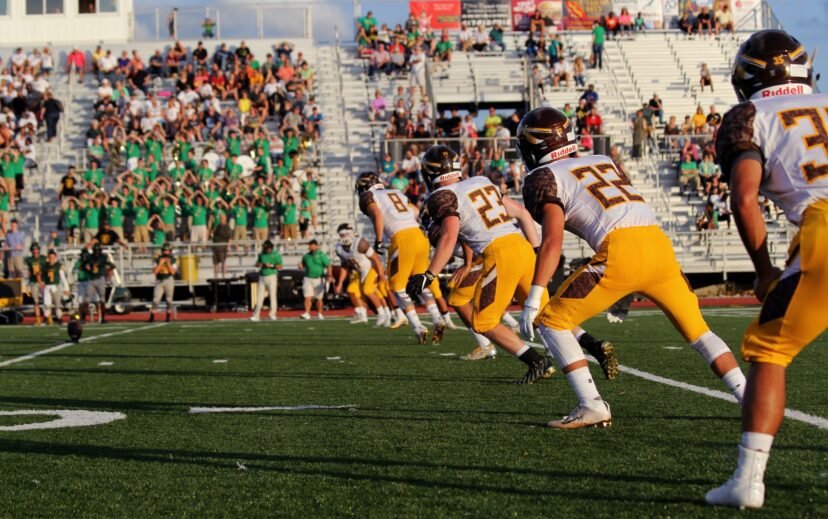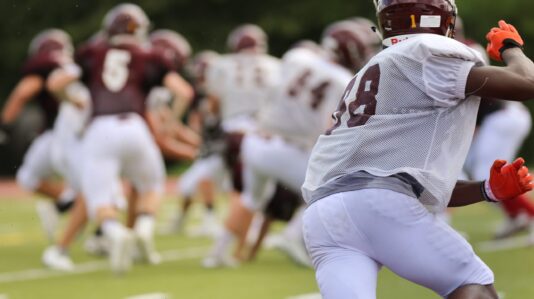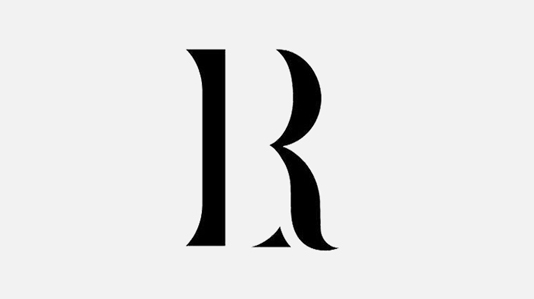The NCAA has long placed significant restrictions on student-athletes earning money from their activities. However, increasing complaints about the organization’s policies are leading to changes. In June 2021, in the case of Alston v NCAA, the U.S. Supreme Court ruled against the NCAA‘s prohibition on paying for students’ academic-related expenses. Prior to that ruling, several states signed laws to allow student-athletes to profit from use of their name, image, and likeness (NIL). These NIL laws went into effect on July 1, 2021. In response, NCAA members have now voted to adopt an interim name, image, and likeness policy for student-athletes. The NCAA guidelines allow for the schools to create their own rules for the athletes. The broadness of the guidelines create gray areas as the specific rules will vary based on each state. Until federal legislation or permanent NCAA rules are adopted, individual state and school NIL laws and policies will continue to determine how student-athletes can be paid.
What Is the NCAA’s Interim Policy?
Historically, the NCAA has banned student-athletes from selling rights to their name, image, and likeness, which meant they could not be paid for endorsements, personal appearances, autographs, and the like.
The interim policy states:
- Student-athletes are permitted to engage in NIL activities that are consistent with the law of the state where their school is located.
- Student-athletes in states without a NIL law can also engage in this type of activity without violating NCAA rules.
- Individuals can use a professional services provider for NIL activities.
- Student-athletes should report NIL activities consistent with state law or school and conference requirements to their school.
While the NCAA is allowing student-athletes to make money in these situations, NCAA rules prohibiting pay-for-play and improper inducements tied to choosing to attend a particular school are still in effect. Schools cannot pay athletes directly for the use of their NIL or any other purposes.
Why Is This Issue Important?
Collegiate sports is big business, but it imposes restrictions on student-athletes that would not be permissible in other industries. Student-athletes have long been seeking compensation. Schools are also looking for ways to attract the best athletes in ways that are permissible under state law and NCAA rules. While state laws vary, schools may now be able to help arrange NIL opportunities for student-athletes or otherwise assist them. Advertisers, agents, and other intermediaries also stand to make more money from opening up the sale of NIL rights. For the NCAA, this represents another challenge to its hold on athletes, but it is attempting to limit changes.
What Happens Next?
While the doors have been opened to increased promotional activities, there is a great deal of uncertainty about what is permissible. The interim policy will remain in place until federal legislation or new NCAA rules are adopted. However, both options are unlikely in the near future. The NCAA is reluctant to develop its own rules for fear of violating antitrust laws and a federal law is still being debated.
Since state laws are only now going into effect and the NCAA has left much of the details of implementation to schools, schools and conferences must now create their own policies with limited guidance. This is likely to lead to confusion and possible litigation in the short term.
Conclusion
If you need assistance developing an appropriate policy or you are an athlete, school, or business looking for guidance on complying with the NCAA rules and state law, contact our attorneys.
Photo by Riley McCullough on Unsplash





